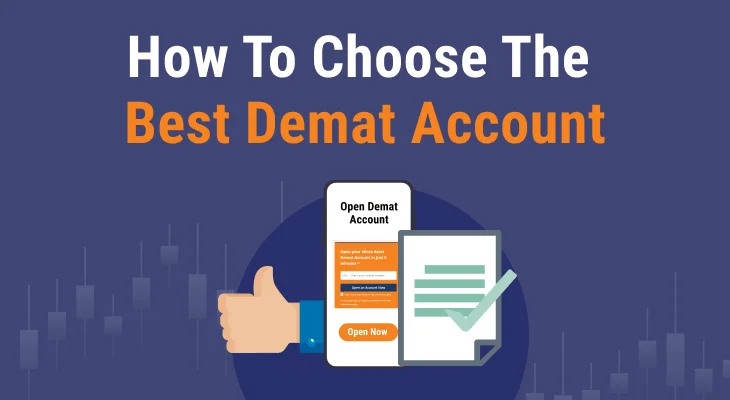When deciding between a demat account and a trading account, understanding the pros and cons of each is essential for making informed investment decisions. The article talks about the pros and cons of having demat or trading accounts. However, before you invest, it is always better to check the IRFC share price first.
Demat Account:
Pros:
Security and Convenience: A demat account provides a secure and convenient way to hold and manage securities in electronic format, eliminating the need for physical share certificates.
Risk Elimination: It eliminates the risk associated with physical share certificates being lost, stolen, or damaged, ensuring the safety of your investments.
Easy Tracking: The account facilitates easy tracking of holdings, transaction history, and corporate benefits such as dividends and bonus issues. Never miss the idea of checking the IRFC share price.
Long-Term Investment: Ideal for long-term investment purposes, allowing investors to hold securities without actively trading.
Cons:
Limited Functionality: It does not provide a platform for executing trades or monitoring real-time market movements, limiting its functionality compared to a trading account.
Additional Charges: Additional charges may apply for account opening, annual maintenance, and transaction fees, affecting the overall cost. Always consider checking the IRFC share price first and then proceed.
Trading Account:
Pros:
Active Trading Platform: A trading account serves as a platform for buying and selling shares in the stock market, enabling real-time execution of trades and monitoring market movements.
Access to Market Information: Provides access to research reports, market data, and analysis tools, empowering investors with information for informed decision-making which is only going to work when you know about the IRFC share price.
Integration with Demat Account: Integrates seamlessly with a demat account, facilitating trading and settlement processes efficiently.
Cons:
Additional Fees: May require additional fees for account opening, annual maintenance, and transaction charges, adding to the overall cost of active trading.
Market Risks: Involves active involvement in the stock market and monitoring of market conditions, exposing investors to risks associated with market fluctuations and trading decisions.
Choosing between a demat account and a trading account depends on individual investment goals and preferences. If the focus is on long-term investments and holding securities securely, a demat account is more suitable. However, for those interested in actively participating in the stock market, executing trades, and staying updated on market movements, a trading account is essential only while you consider checking about IRFC share price.
In most cases, investors opt for both a demat account and a trading account to effectively manage their investments. These accounts complement each other, enabling online trading and investment activities. When selecting these accounts, it’s crucial to choose reputable service providers, compare fees and charges, and align choices with specific investment goals.
It’s worth noting that the features, fees, and services offered by different service providers may vary. Conducting thorough research and seeking professional advice before making a decision is advisable to ensure a well-informed and strategic approach to managing investments using the IRFC share price. So, all the best for your upcoming venture revolving around the stock market.

